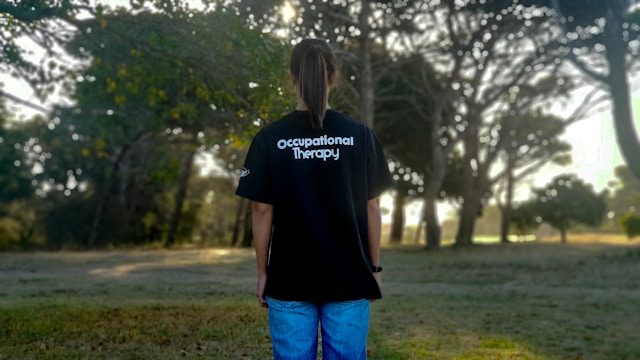How does Physiotherapy help Rehabilitation in Blacktown, NSW?
One may need to undergo a rehabilitation program after a major injury or a critical surgery that has led to temporary or long-term immobility for the person. In such conditions, your primary healthcare provider may suggest you get physiotherapy to uplift the results of rehabilitation.
But how is physiotherapy helpful in rehabilitation? Well, we will explore how physiotherapy services help in rehabilitation.
· Improve mobility
Physiotherapy includes massage, exercise, therapy, electric shocks and more to increase mobility of different limbs. During a rehabilitation program, physiotherapy helps you regain control over your affected limbs and increase their mobility.
· Person-centric care
The rehabilitation program varies depending on the type of surgery or injury you had and your current state. In such cases, physiotherapy is quite helpful as the entire process is person-centric and aims to improve the physical condition of an individual.
· Post-surgery/injury pain management
During rehabilitation programs, pain management becomes a major concern where physiotherapy can help. Physiotherapy helps to increase the mobility and strength of different body parts and limbs promoting pain reduction through body strengthening exercises and therapies.
· Focus on the abilities
Physiotherapy services also help to improve the outcome of your rehabilitation program because they help to focus on your abilities instead of the disabilities you are facing in the meantime. They also create a positive mindset to encourage you to perform better and recover faster.
· Improving overall health
Physiotherapy focuses on overall individual well-being which is also essential for your rehabilitation program success. A professional physiotherapist helps you with proper therapy, exercise and more to encourage your recovery.
· Working along with your primary healthcare provider
The best part of physiotherapy in rehabilitation is that your physiotherapist works alongside your primary healthcare provider to provide an all-encompassing healthcare service that boosts your rehabilitation outcome. They continuously work with your primary healthcare provider to ensure your physiotherapy plan is well-crafted according to your specific needs and requirements.
· Educating and empowering
Lastly, physiotherapy Blacktown in rehabilitation also helps you in getting educated about your current condition and empowers you with all the essential knowledge and support to get accustomed to the change you will face afterwards. This makes it easier to rehabilitate and accustomed to the change.
Conclusion
Physiotherapy Blacktown can be a great support for your rehabilitation outcome. Physiotherapy from professionals can effectively enhance the overall outcome of your rehabilitation program and increase your recovery rate. However, choosing the right physiotherapy provider is the key to making the most out of it.





